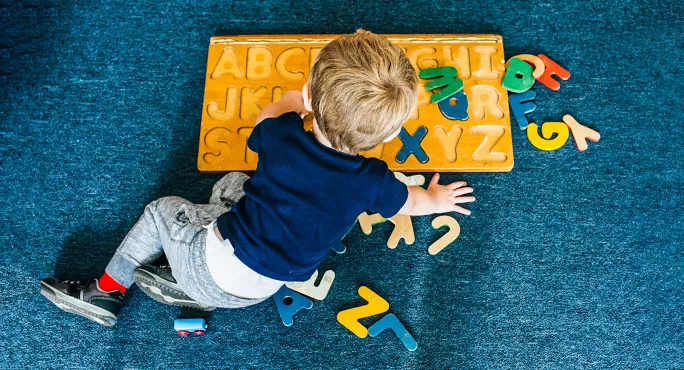As an additional support needs (ASN) teacher, I thoroughly welcomed this week’s news that the SNP delegates have provisionally voted to introduce play and relationship-based education provision for ages 3-6 and raise the school starting age in the process.
For years, ASN specialists have championed learning through play and, indeed, play for play’s sake. I have debated with colleagues numerous times about stepping away from a standardised curriculum experience and working towards a more tactile, play-based experience.
Our children can learn so much from a play-based experience, with the emphasis on building positive relationships and learning those discrete skills of group work, turn taking and waiting.
A number of neurodivergent children, for example, have had interventions from a very early age. Although they have clear and proven benefits, this can mean that those children have missed out on interactive opportunities to just be with peers: paying, learning and coexisting with their friends.
Play-based learning can take a number of forms, from more structured approaches such as “intensive interaction” to simply laying out some play prompts, or - my all-time favourite - a tuff tray full of excitement and endless possibilities.
Play has the obvious fundamental developmental benefits of cognitive development and physical health and wellbeing. But what about the more subtle benefits? These include risk assessment and challenge, and the therapeutic aspect of play. Children who are playing are learning. They are learning how to approach social situations, how to assess and manage risk by themselves and they are learning about their own likes and dislikes.
They are learning about themselves, and what could be a better way to raise self-esteem? They are also learning how to make choices, something that may not be as instinctive for some as it is for others.
Play levels the playing field. It doesn’t matter what a child’s background, what their diagnosis, or even what their mood is on that particular day. Everyone has something to contribute to play. Through play, children learn autonomy and independence. These have huge ramifications when it comes back to the world of school, home and further learning.
These benefits and more have been recognised for years by ASN and early years educators. We have championed our children’s right to play and embraced the alternative approach to learning. Now it’s time to formalise play as a vital part of the school experience, and to really practise inclusion by applying it to all children.
The right to play is a key part of the UN Convention on the Rights of the Child; it is a key part of childhood and a key part of development. And I for one am thrilled to see its importance recognised and appreciated.
Scotland has a real opportunity here to become a sector-leading country with our approach to play in schools - I hope this opportunity is grasped firmly with both hands.
Karen McInnes is an ASN (additional support needs) teacher based in Scotland




